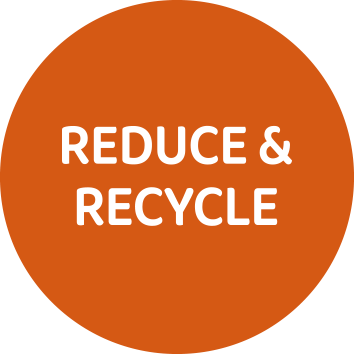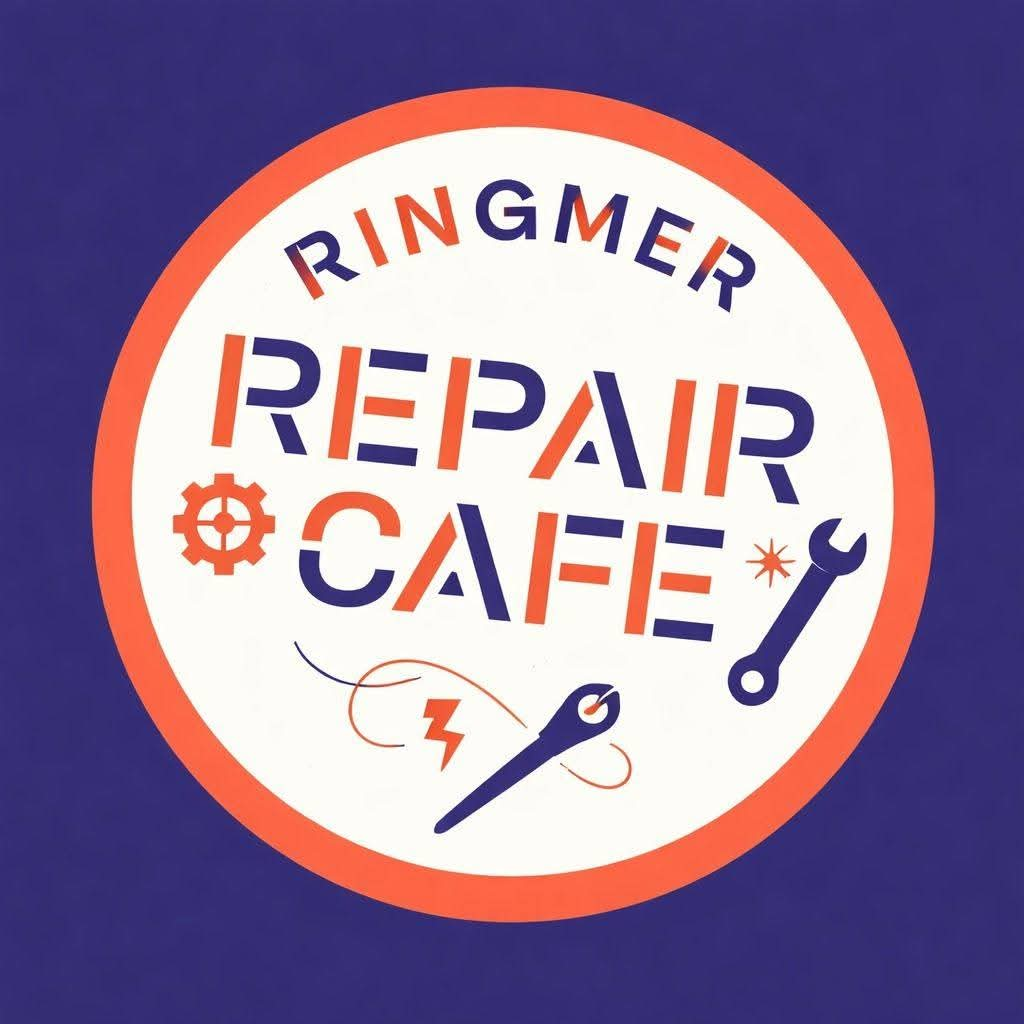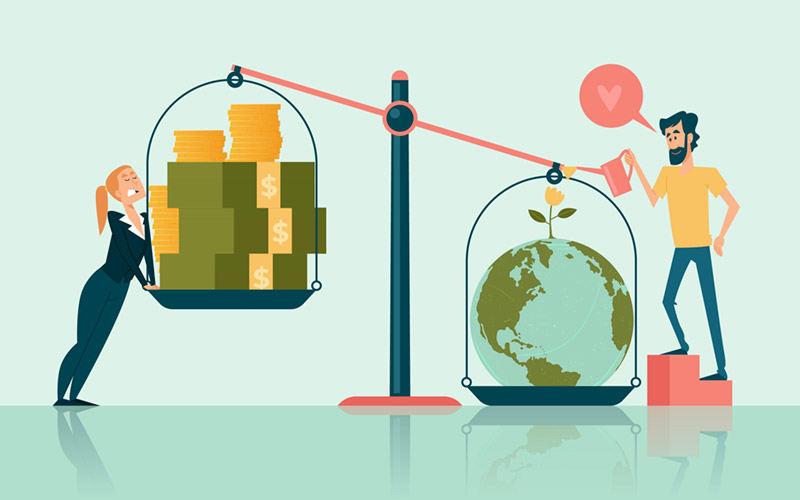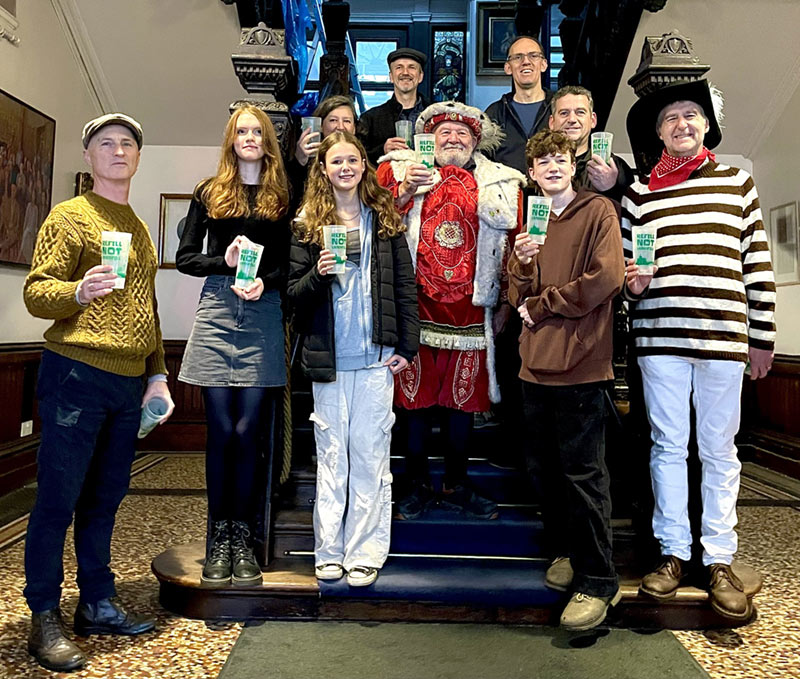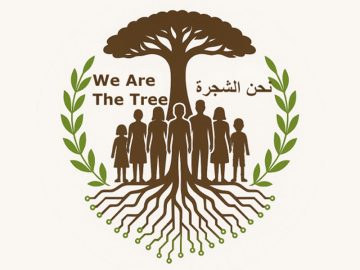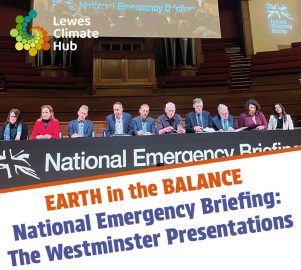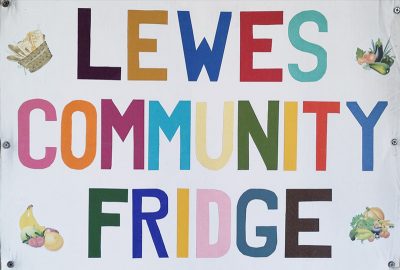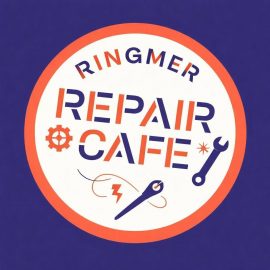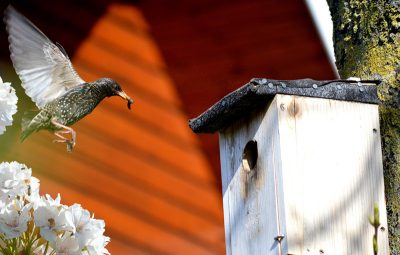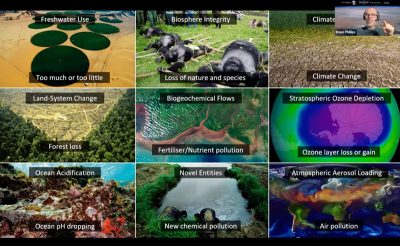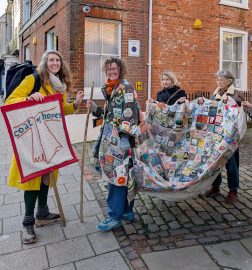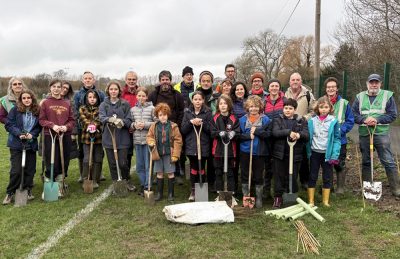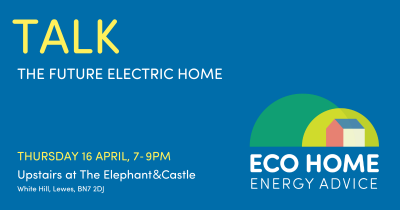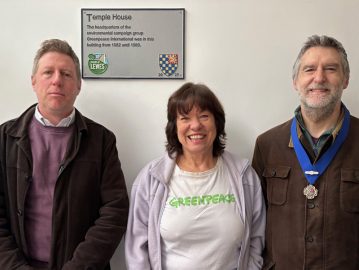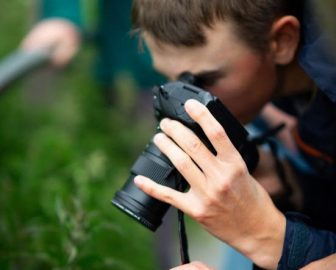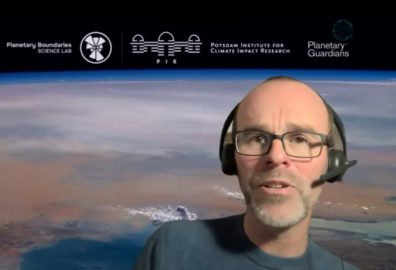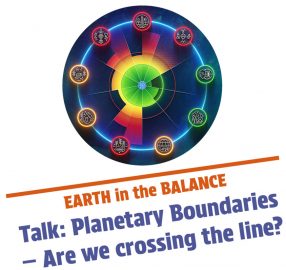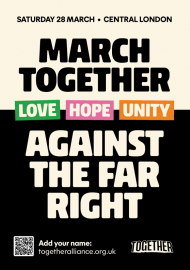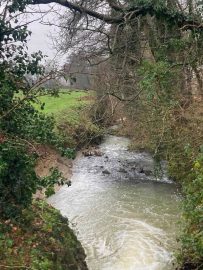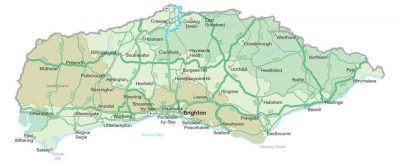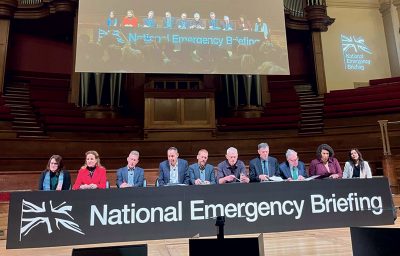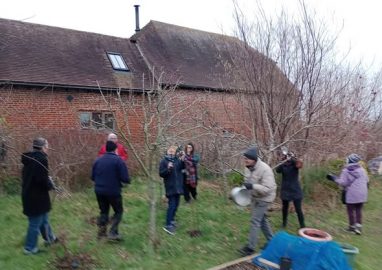We need to build a society that does not promote over-consumption, and supports a circular economy, which keeps resources in use for as long as possible.
Unlike the traditional linear economic model based on a ‘take-make-consume-throw away’ pattern, a circular economy is based on sharing, leasing, reuse, repair, refurbishment and recycling, in an (almost) closed loop, where products and the materials they contain are highly valued, waste and pollution are designed out and natural systems are regenerated.
The four Rs
To exist sustainably, we all need to live well within the limits of our world’s natural resources – in terms of the energy, water, land and materials we use. Right now, it’s estimated we’d need three Earths to meet our need for resources if everyone in the world lived how the average Briton does. If the world’s population all lived like the average American or Australian, we’d need five or more planets.
To tackle these issues, we need to follow the four Rs:
- Reducing what we use and consume in the first place
- Reusing (and repairing) items wherever we can
- Refusing what we don’t need – including things that aren’t sustainable such as excessive packaging and single-use plastic
- Recycling materials so they can be used again.
We give some examples below, and more in the section on local action.
Reducing single-use items
Avoiding single-use items such as takeway cups, plastic cutlery, bags and bottles can – if we collectively do it – have a huge impact on how much waste we generate. It’s estimated that 3 billion takeaway cups alone go to landfill every year in the UK. Reusable cups, bags and lunch boxes are widely available and some shops will give discounts if you use them.
Saying ‘No’ to single-use plastic, avoiding shops that overpackage (and telling them so) and even young children asking McDonalds not to include plastic toys with their Happy Meals can have a major impact on big business practices. However, vigilance is required to see what is real change and what may be green-washing.
https://www.independent.co.uk/life-style/food-and-drink/mcdonalds-plastic-happy-meals-environment-toy-uk-ireland-sustainable-a9406091.html
There’s plenty of scope for reusing even recyclable items: there are thousands of websites with repurposing and upcycling ideas. At the simplest level, glass jars can be given away to local jam-makers, and plastic plant pots to gardeners, via local social media. Shirts that are on their last legs can be repurposed as dusters.
More generally, just asking ourselves the question “Do I really need this?” before we buy can help us think about how and why we consume. When we do need to buy something, choosing to buy from shops and manufacturers that are focused on being genuinely sustainable can help shift money away from the worst polluters.
Repairing whenever we can
Repair cafes are springing up throughout the UK; and in summer 2021 a new Right to Repair law is being introduced in the UK, legally obliging manufacturers to make spare parts for products available to consumers. It’s hoped this will extend the life of electrical goods by up to 10 years.
Reducing food waste
Around a third of all food is wasted, a staggering 1.3 billion tonnes. An area the size of China is needed to produce the food that is wasted around the world every year, and yet around 815 million people worldwide go hungry. Food production and consumption are responsible for around 30% of global carbon emissions. By using land for agriculture, they also contribute to between 60-80% biodiversity loss through the destruction of natural habitats.
Reducing textile waste
The global fashion industry produced around 2.1 billion tonnes of greenhouse gas emissions in 2018, equating to 4% of the global total. Cotton production alone accounts for around 20% of the world’s insecticides and 10% of all pesticide use, heavily impacting on biodiversity. And an estimated 17-20% of industrial water pollution comes from textile dyeing.

